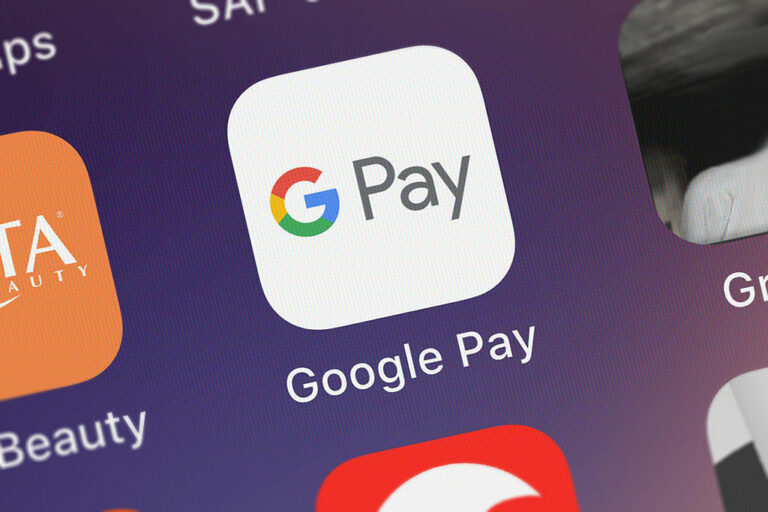Bybit guarantees this integration follows strict security standards, with Google Pay’s robust verification protocols layering additional protection.
Bybit, a leading cryptocurrency exchange by trading volume, recently simplified crypto purchases globally. On April 10, 2024, Bybit integrated Google Pay, a popular digital wallet service, allowing users across 35 currencies to buy cryptocurrencies effortlessly with just one click. The move aims to enhance user experience and potentially attract new investors to the crypto market.
Before this integration, buying cryptocurrency on Bybit required manual bank transfers or third-party payment processors, processes that could prove challenging and time-consuming for new users. The Google Pay integration simplifies this by using existing payment information securely stored within Google wallets.
This one-click purchase option reduces friction significantly and removes a potential barrier to entry, particularly for those unfamiliar with the traditional crypto exchanges.
Bybit Ensures Secure Transactions with Google Pay
While incorporating Google Pay brings undeniable ease, protecting digital assets remains vital in cryptocurrency realms. Bybit guarantees this integration follows strict security standards, with Google Pay’s robust verification protocols layering additional protection. However, experts advise individual accountability, suggesting multi-factor authorization and vigilance phishing scams.
Bybit’s commitment to user experience goes beyond just payment methods. It offers competitive exchange rates, allowing users optimal value when buying crypto. This cost-effectiveness, combined with Google Pay’s convenience, makes Bybit appealing to budget-conscious investors.
“Bybit is committed to providing users with the most convenient and cost-effective ways to enter the exciting world of cryptocurrency. The Google Pay integration marks a significant step towards achieving this goal, offering a seamless and secure experience for all,” said Ben Zhou, Co-founder and CEO of Bybit.
Additionally, this integration caters specifically to regions with significant usage of Google Pay. Such a strategic move unlocks the potential for a more wider audience to participate in the cryptocurrency market, possibly speeding up its mainstream acceptance at a more rapid pace.
Meanwhile, Google Wallet will replace Google Pay in the US, with users migrating by June 2024. This new platform boasts tap-to-pay capabilities and payment oversight tools. Notably, Google Wallet usage surpasses five times higher than Google Pay.
#Google to shut down #GooglePay in US, Indian users to remain unaffectedhttps://t.co/OzYb32TDzd
— Business Today (@business_today) February 25, 2024
Bybit Surpasses 25 Million Users
With a user base exceeding 25 million, Bybit has solidified its stance as a prominent cryptocurrency exchange platform. Established in 2018, this exchange gained recognition for its professional offerings, boasting an ultra-rapid matching engine, round-the-clock customer support services, and multilingual community assistance initiatives.
Google Pay’s integration with Bybit simplifies buying cryptocurrencies, potentially drawing new investors. However, security remains crucial; users must exercise appropriate precautions. Bybit’s user-friendly approach, competitive rates, and enhanced accessibility allow it to leverage growing cryptocurrency market.
next